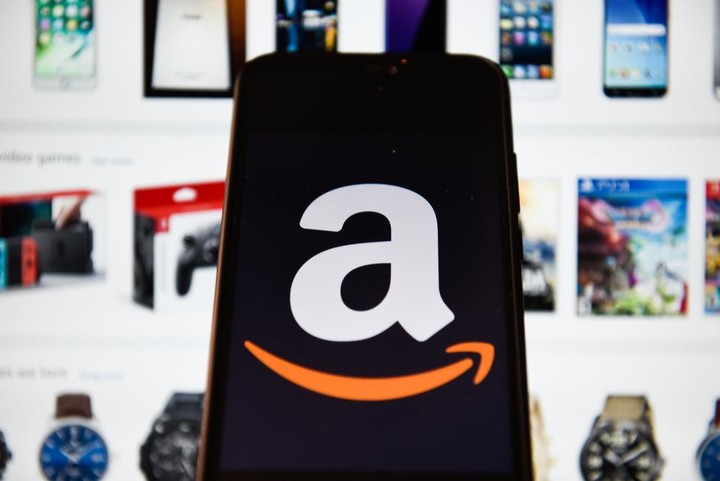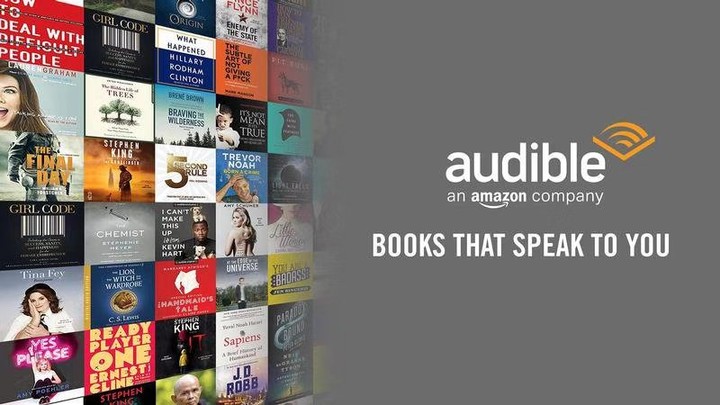Amazon is now being sued by the top publishing publishers association (AAP) 7 publishing giants < /a>.
The reason for the lawsuit is that Amazon plans to launch a feature called “Audible Captions” on its audiobook company Audible, which allows you to watch the audio on the screen while listening to Amazon’s audiobooks.
The problem is here: Amazon only has the right to sell audiobooks, but the subtitles that match the sound are transcribed from Amazon’s AI, and it doesn’t buy copyright.

▲ Image from: GETTY IMAGES
The lawsuit was filed on Friday in the District Court for the Southern District of New York, USA, and the prosecutors included well-known publishers including Harper Collins, Penguin Random House, Hachette Book Group, and Simon Schuster.
This also involves a New Controversial Copyright Issues – Is the text generated by AI transcriptional speech infringement?
Because similar things have not happened before, the publishing association is constantly looking for a ban to prevent Audible from publishing the service.
They said in the lawsuit that Audible distributes the full text of these “transcribed texts” to customers, which means that “Amazon allows copyright-protected works to re-use these works for their own benefit without permission. This is Typical infringements directly prohibited by US copyright law.”

▲ Image from: Tech advisor
In Audible’s audio book license, text versions are not included, and machine-generated transcriptions can also cause a lot of errors that can damage the quality of the work.
The complaint alleges that Amazon has admitted that the transcription of this new feature may be as high as 6%, which is equivalent to an 18-page error in a 300-page book.
The process of litigation quickly became ups and downs.
Amazon disagrees with the violation of rights, indicating that “audio books are not one This book has never been intended to be a book.”
Because the key difference between the two is that audiobooks cannot flip pages, the user must wait for each line of text to be generated when they listen.
They also mentioned Another reason for the defense is that the captioning service has great educational potential and can help users see unfamiliar words when they hear words. Finding the meaning of the disease, especially helping young children improve their literacy skills.
We look forward to working with publishers and creative community members to help them better understand the educational and accessibility benefits of this innovation.
However, publishers believe the service still infringes copyright, even if its purpose is education.
In fact, “education”There are a lot of loopholes in the argument because it means that anyone can copy any form of content and infringe the copyright owner for the purpose of a correct value.
Same reason, can audio books not buy copyright, just because audio books can help those who do not want to read?
The complaint states that if this feature is not banned, Audible will adopt a digital distribution format to devalue the cross-format product market and harm publishers, authors, and consumers who like books.
Doug Preston, Chairman of the Authors Association In a statement:
I can’t believe that Audible has so little respect for authors, contractual commitments, and copyright. There is a simple word to describe this: that is stealing.

▲ Image from: Techcrunch
The original plan, which will be launched on September 10th. The lawsuit was released a month after Audible announced plans to release captioning services, escalating a long-standing conflict between publishers and Amazon.
They have been fighting for various issues such as e-book pricing and counterfeiting.